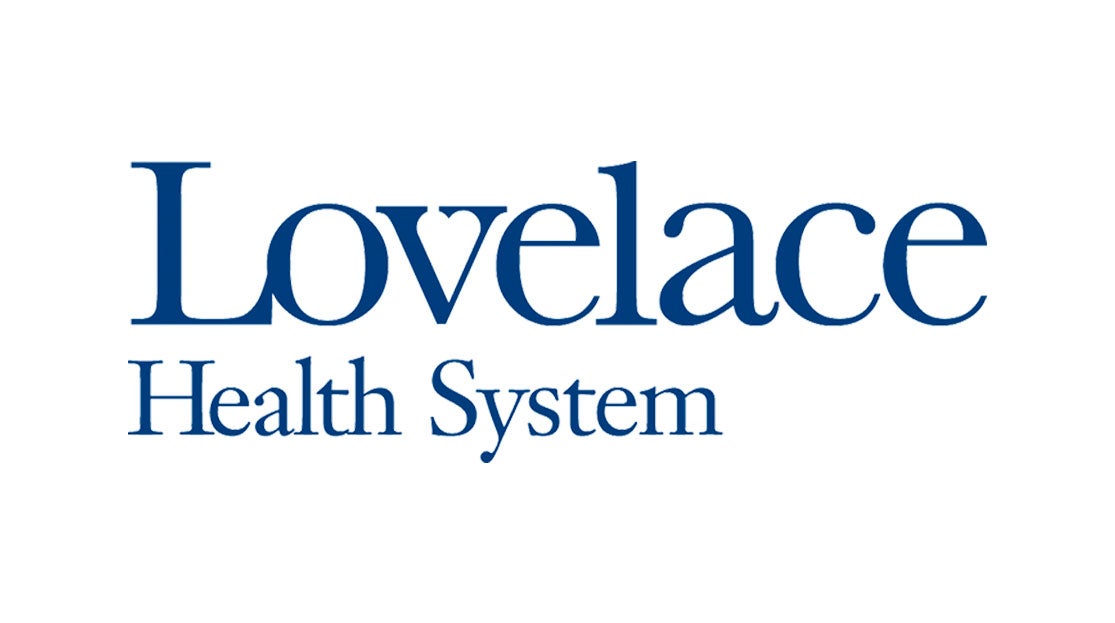
Could a daily “baby” aspirin help ensure the safe delivery of healthy babies? Recent research examines what role aspirin may play in both reducing the risk of miscarriage, as well as reducing the risk of developing preeclampsia later in pregnancy. However, health care providers also warn expectant mothers, or those who are trying to conceive, not to start taking aspirin daily before talk to their provider. Chief of Women’s Services at Lovelace, Dr. Abraham Lichtmacher explains what this latest research means for women considering getting pregnant.
 “The use of aspirin has been recommended for a variety of conditions related to pregnancy complications,” says Dr. Lichtmacher. Related to the study of more than 1,000 women with a history of miscarriage, a daily low-dose aspirin (81 mg) was found to slightly reduce the rate of miscarriage, but only for a subset of the study population. Overall, researchers discovered no difference in outcomes for those who took aspirin compared to a placebo. “Early miscarriage may be due to many different reasons. The use of aspirin might be beneficial to reduce the risk due to a small portion of these reasons, but the evidence so far is inconclusive.”
“The use of aspirin has been recommended for a variety of conditions related to pregnancy complications,” says Dr. Lichtmacher. Related to the study of more than 1,000 women with a history of miscarriage, a daily low-dose aspirin (81 mg) was found to slightly reduce the rate of miscarriage, but only for a subset of the study population. Overall, researchers discovered no difference in outcomes for those who took aspirin compared to a placebo. “Early miscarriage may be due to many different reasons. The use of aspirin might be beneficial to reduce the risk due to a small portion of these reasons, but the evidence so far is inconclusive.”
Women who suffered a single miscarriage before 20 weeks, who were prescribed aspirin and tried to conceive within a year of the miscarriage, experienced the most notable results. 78 percent conceived and 62 percent had live births, compared to 66 percent and 53 percent respectively with the placebo.
Meanwhile, 7 million women each year face a potentially fatal disorder when they develop preeclampsia. Women with this condition experience extremely high blood pressure, as well as protein deposits in the urine. A task force of volunteer health care providers, which advises government health agencies, found a daily aspirin regime after 12 weeks of pregnancy could reduce the risk of preeclampsia for high-risk women by 24 percent and the rate of preterm delivery by 14 percent. While the findings appear to be good news for women at high-risk, Dr. Lichtmacher says more needs to be investigated. “Although we know a lot more about the disease than before, the exact causes are still elusive, and so the use of aspirin might be helpful in some very specific circumstances for patients who have risk specific factors,” he says. “The bottom line, for the average patient who is thinking of getting pregnant, I don’t recommend anything beyond good nutrition and a vitamin supplement with folic acid and iron.”




